"Kyiv Waltz" and "Sunflower Variations: This Is Ukraine": a Charity Exhibition Will Open in the USA Tomorrow
On November 9, the Farmstand flower farm in the Hudson Valley, New York (USA) will host the opening of a charity exhibition called "Sunflower Variations: This is Ukraine" (the auction started on November 2). The exposition consists of 27 letterpress engravings — each in a unique conceptual frame, representing 27 regions of Ukraine, including territories illegally occupied by Russia since 2014. The purpose of this event is to spark a discussion and raise awareness about modern Ukraine. Money from the sale of engravings, as well as income from the book "Kyiv Waltz" will go to humanitarian aid to our country.
The idea and implementation of this project belong to Ketrin Shein Lek, a writer, typist and long-time friend of ZN.UA.

A young American woman came to us in 1994, having just graduated from college. She studied at post-Soviet studios with an emphasis on the history of Ukraine and dreamed of visiting the country where her ancestors came from: Ketrin's family were Jews from Zhytomyr. And the girl got such an opportunity. Thus, Catherine, without hesitation, went to Ukraine.
We remember well what it was like.
At the airport, our new editor-in-chief Volodymyr Pavlovych Mostovyi met Ketrin Shein Lek, who recently obtained a bachelor's degree. She knew a few words in Russian, and he remembered a small number of English words that he had learned at school and had already forgotten some. He shouted to her: "Sex! Sex, I'm going to your apartment!", meaning that at 6 o'clock in the evening he will pick her up to take her somewhere to have dinner in an unfamiliar city. The phrase "sex o'clock" made the girl's eyes round and filled with tears. And he kept shouting and shouting, like any person who, not knowing a foreign language, believes that the louder and more often he shouts, the better he will be understood. This is how the entry into the "Mirror of the Week" team of the daughter of the Republican State Senator Ketrin Shein Lek, or Kara, as we later called her in the editorial office, began.
The girl came here to work on a scientific work dedicated to Nestor Makhno, and at the same time to get to know the land of her ancestors closer and better. We, on the recommendation of our publisher at the time, Yurii Orlykov, found a person who could contact him. Kara turned out to be a gentle girl, but with encyclopedic knowledge and a strong character. During the three years she spent in our small and tight-knit group, she made new friends and learned new words every day. Kara became a very close person for all of us. In turn, Kyiv became almost like her hometown for her. Here she met her love, namely her future husband Conrad Will, found friends and did a lot for the development of "Mirror of the Week".
Both during the scorching heat and during the presence of slippery ice, leaning on a stick (her health was not always strong even 30 years ago), Kara walked up Yevhena Konovaltsia Street (formerly Shchorsa) to the first editorial office of "Mirror of the Week". When we persuaded her to stay at home, she got terribly angry and sharply answered: "I love this job, love it!".
She taught us stability and important values. She was with us at the very beginning and now, many years later, when our country is in such difficult and bad circumstances as never before, she remains with us, albeit at a distance. This exhibition, each frame of Kara shows that she feels the country, the region, the people who are currently suffering, and cheers for them with all her soul. At the beginning of the war, Kara supported ZN.UA, organizing fundraisers for us together with her husband Сonrad Will. Now is the time to help the "Razom for Ukraine" charity fund. The editors support her in every possible way in this creative and civic initiative and thank her very much.
"Sunflower Variations: This Is Ukraine" was created as a supplement to my hybrid chapbook "Kyiv Waltz — Love Stories", which was published in March by Finish Line Press, — the author said in an interview for "Razom". "The Kyiv Waltz is a chronicle of my life in Ukraine in the mid-1990s."
Life in our country in the early 1990s was not easy. All the more so for an American woman unfamiliar with this country. However, she lived with us for three years. "Ukraine was not perfect," Kara recalls. — But it was also a country full of hope after finally being free; a nation focused on new initiatives and plans, despite the past horrors it had to endure. It was a great time for me. I still have very close friends in Ukraine who live there. I met my husband there. And although we are now in the USA, Ukraine is still very close to our hearts.
I started doing what I normally do, which is creating artist books, and then when the full-scale invasion happened, I realized that this was an opportunity to tell people my story and make them see more than just what they see on the news. Ukraine is much more than a war zone now.
Since I planned an art book, I made a lot of sunflower prints for it. They are printed in the book, but I decided to continue the project because I had the original prints. My friend from Ukraine asked me if I could get 27 such prints? There are so many regions in Ukraine. And then we decided to make another project — a variation of sunflowers in separate frames, each of which represents a region of Ukraine. The photos are all different — from relatively simple to symbolic. Each one is accompanied by short essays that I write to start a discussion and show people what is happening in Ukraine today.
I will be glad if people read essays, ask questions, and I can tell more about Ukraine. I studied it, this is my story.
On November 9, Farmstand, a beautiful flower farm in the Hudson Valley, managed by Kate Farrar, will open the show. During the month, the gallery will be open so that people can see together all 27 sunflowers that we plan to sell. All works will be put up for auction by Razom for Ukraine. And 100% of the proceeds, as well as my income from the book "Kyiv Waltz" will go as humanitarian aid to Ukraine.
I constantly talk to my friends from Ukraine. People know and understand very little about this country, the modern Ukrainian nation — a truly new nation with an ancient history. This is not the first time, and not even the second time, that Ukraine has tried to gain independence from Russian oppression since this nation was founded. Ukraine is more than just an ethnic community. Ukraine is about choice, about freedom. And this is true for everyone who lives in it. First of all, of course, for Ukrainians, but not only for them. There are many Jews in Ukraine, there are Crimean Tatars whose homes were taken away. And there are those who, like my family, come from Ukraine. All this is discussed in my essays.
When you talk about what's happening right now, people often think that this war is about land. It is not about land and conquest. This war is not about conquest. It is about destruction. And not just the destruction of people, but the destruction of an idea that is right on Russia's doorstep, too close not to be seen. The idea that there is another choice, and that the people should not only follow the path dictated and limited by the oppressor. The fact that people want to be free is not Ukraine's fault. It's not the fault of people who believe they have a choice. It is not Ukraine's fault that it suffered a military invasion. All this is Russia's fault.
For Ukrainians, this is not a proxy war. This is a war for their freedom. And one of the messages I try to convey through my sunflowers is that Putin's Russia makes no distinction between military and civilian, between people who fight and people who survive. It systematically fires at the civilian population. We saw this again during the bombing of a children's hospital in Kyiv. One of the ways to destroy the population is to kill and remove the children. Another way is to kill civilians, the population, to make them live in fear. And when Ukraine liberated part of its territory, its people, we learned about the execution of civilians.
It's hard and it's scary. All my friends are journalists. Ukraine is falling, and I don't know what will happen. It is important for me to say that I will stand up against aggressors and resist persecution. I will do everything possible to make my voice heard and advocate for what I believe in very strongly."
On November 9, on the day of the start of the exhibition, it will be a year since Volodymyr Pavlovych Mostovyi is no longer with us. He was very gentle with the girl, whom fate brought to a turbulent young country. And she loved him — a reliable and caring person who became a good and close friend for her. Now he would smile with satisfaction and say to Kara: "I'm proud of you! I'm waiting for you at sex o'clock in Kyiv, after the war."
Read this article in Ukrainian and russian.
Please select it with the mouse and press Ctrl+Enter or Submit a bug











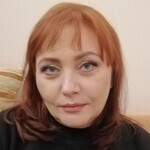
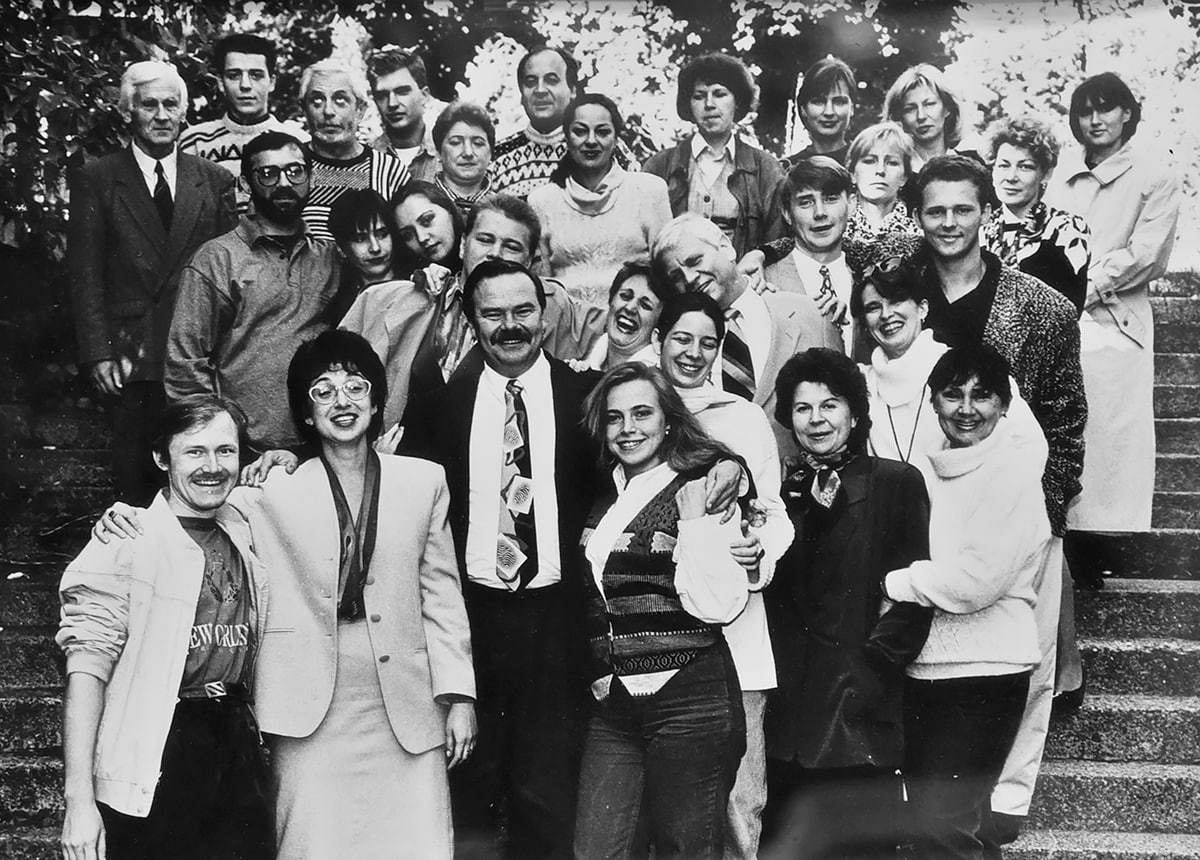
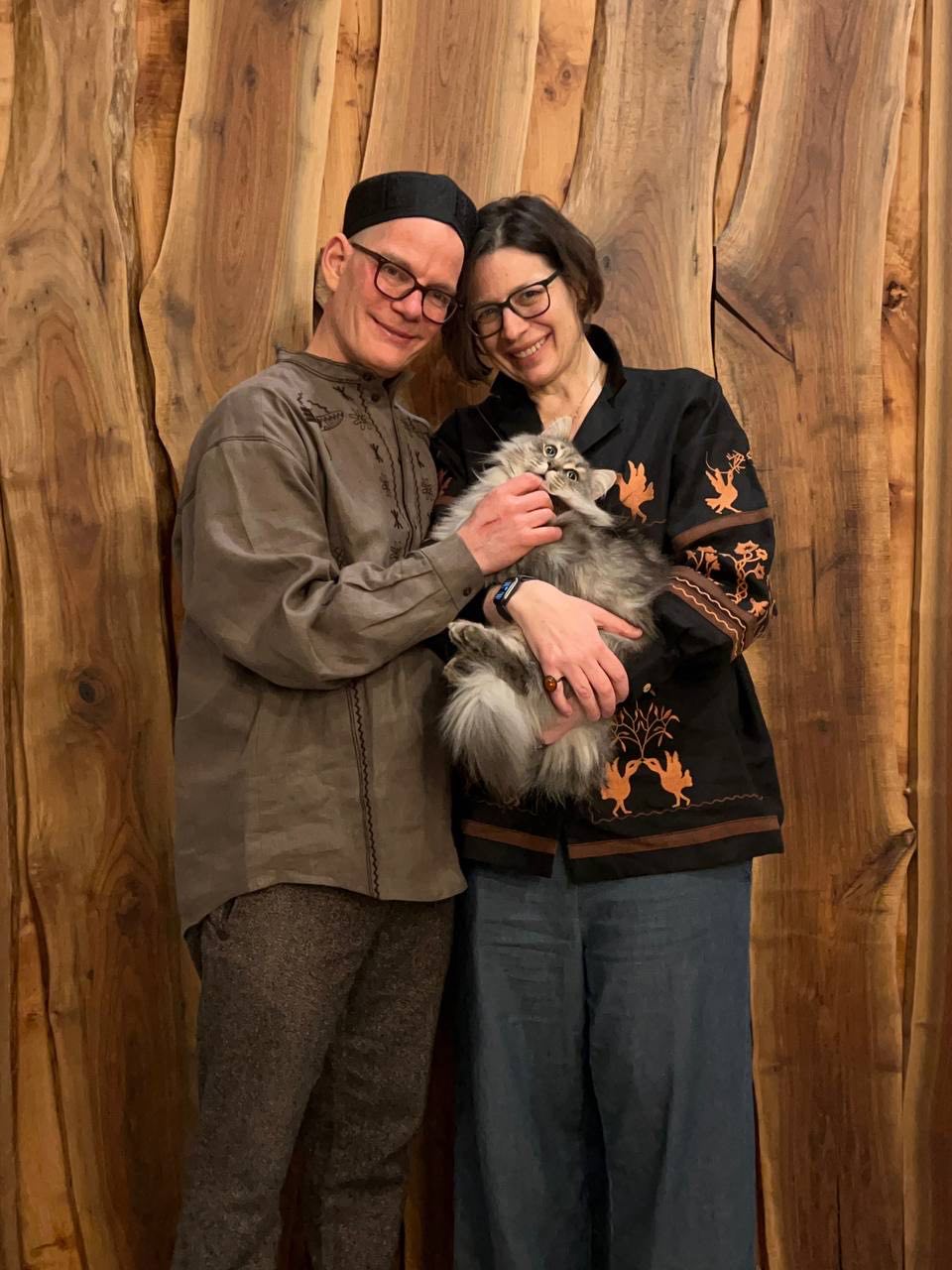
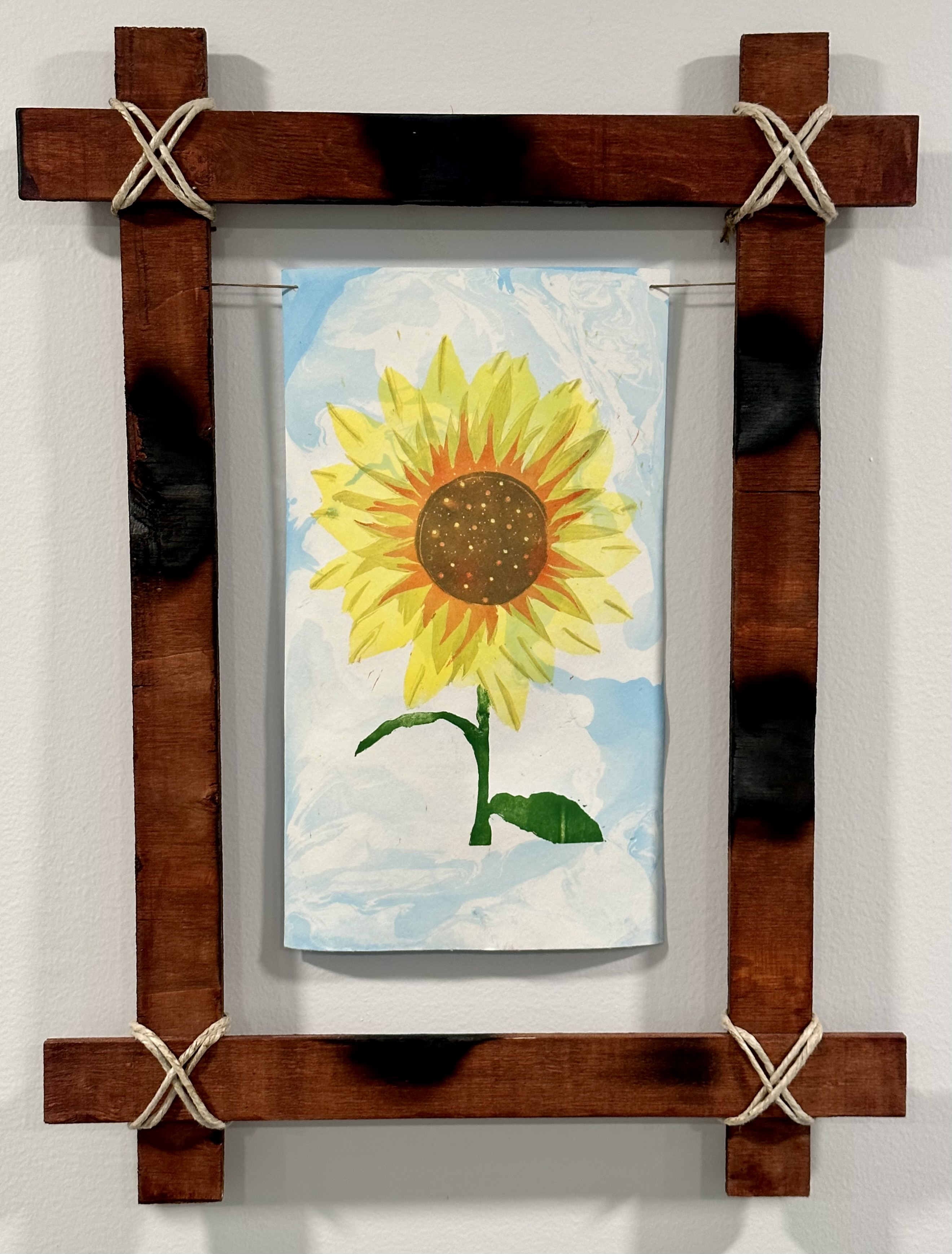
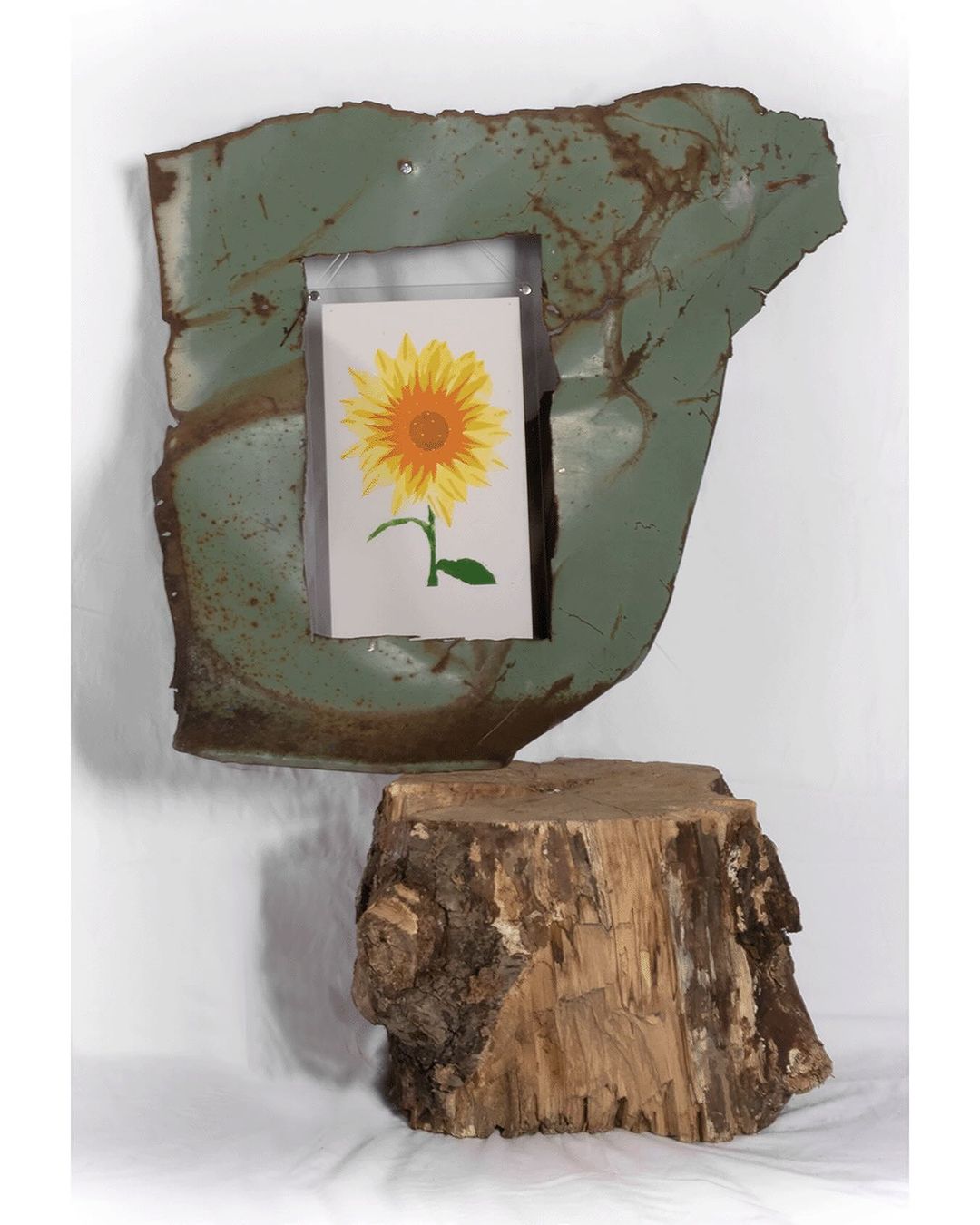
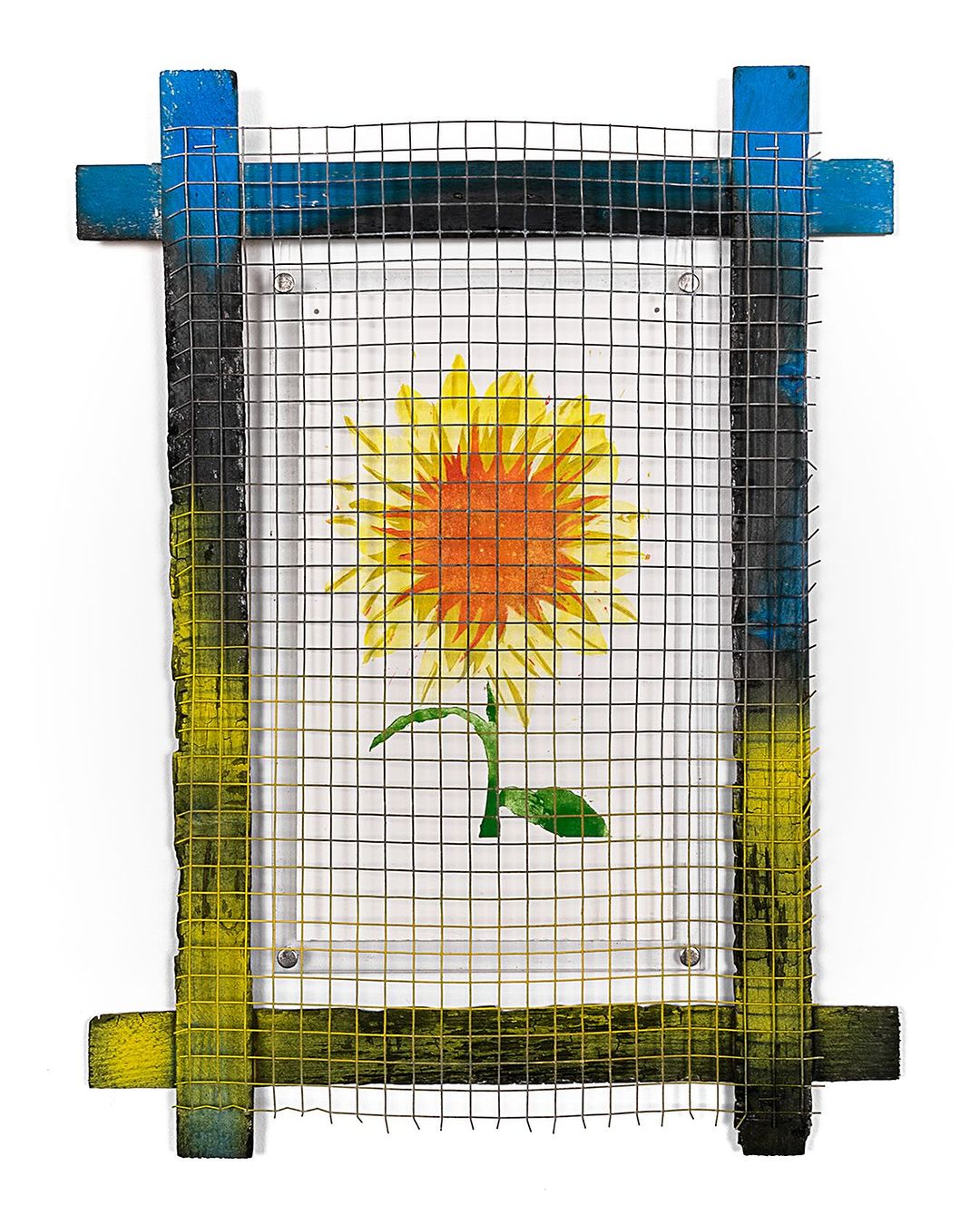
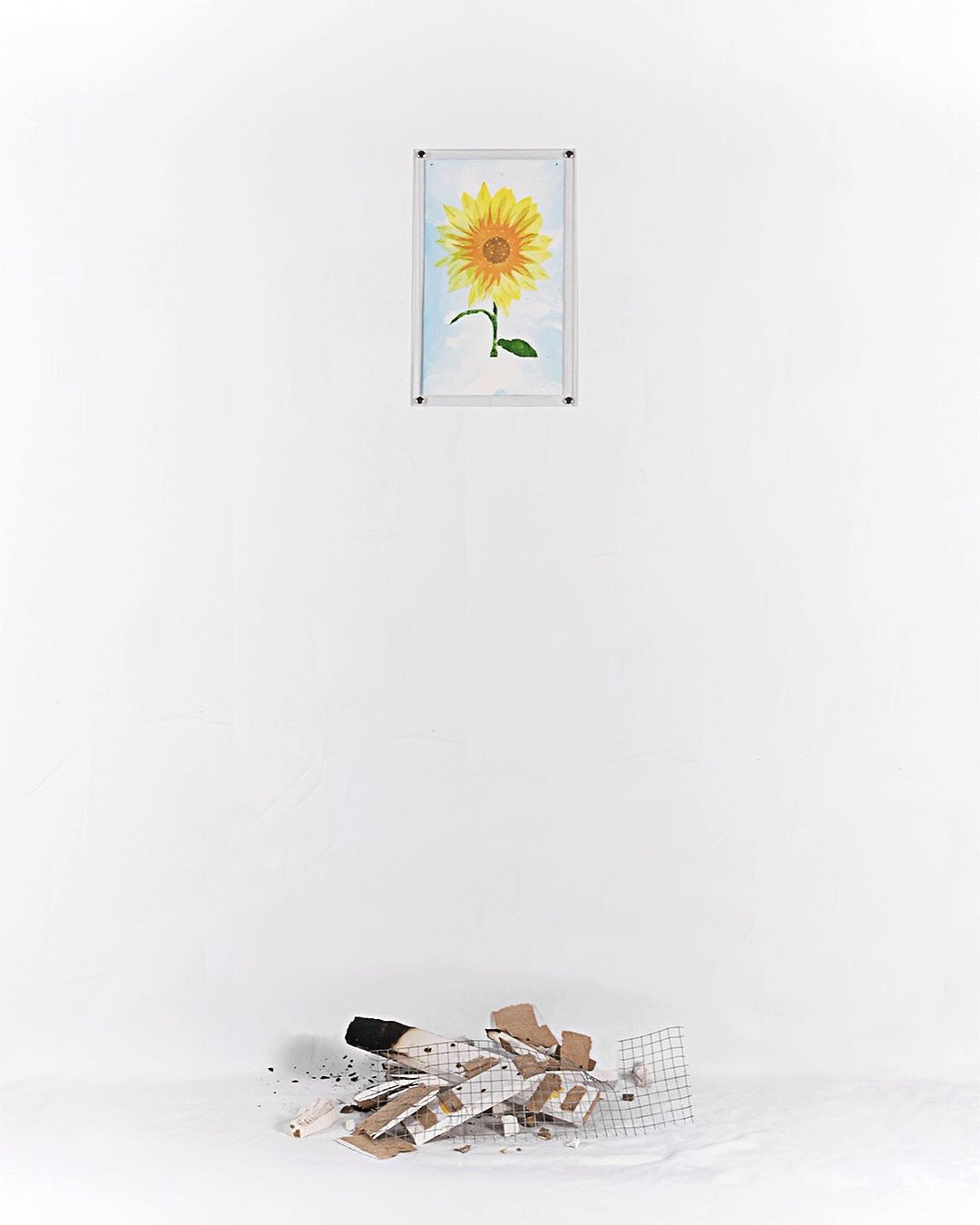
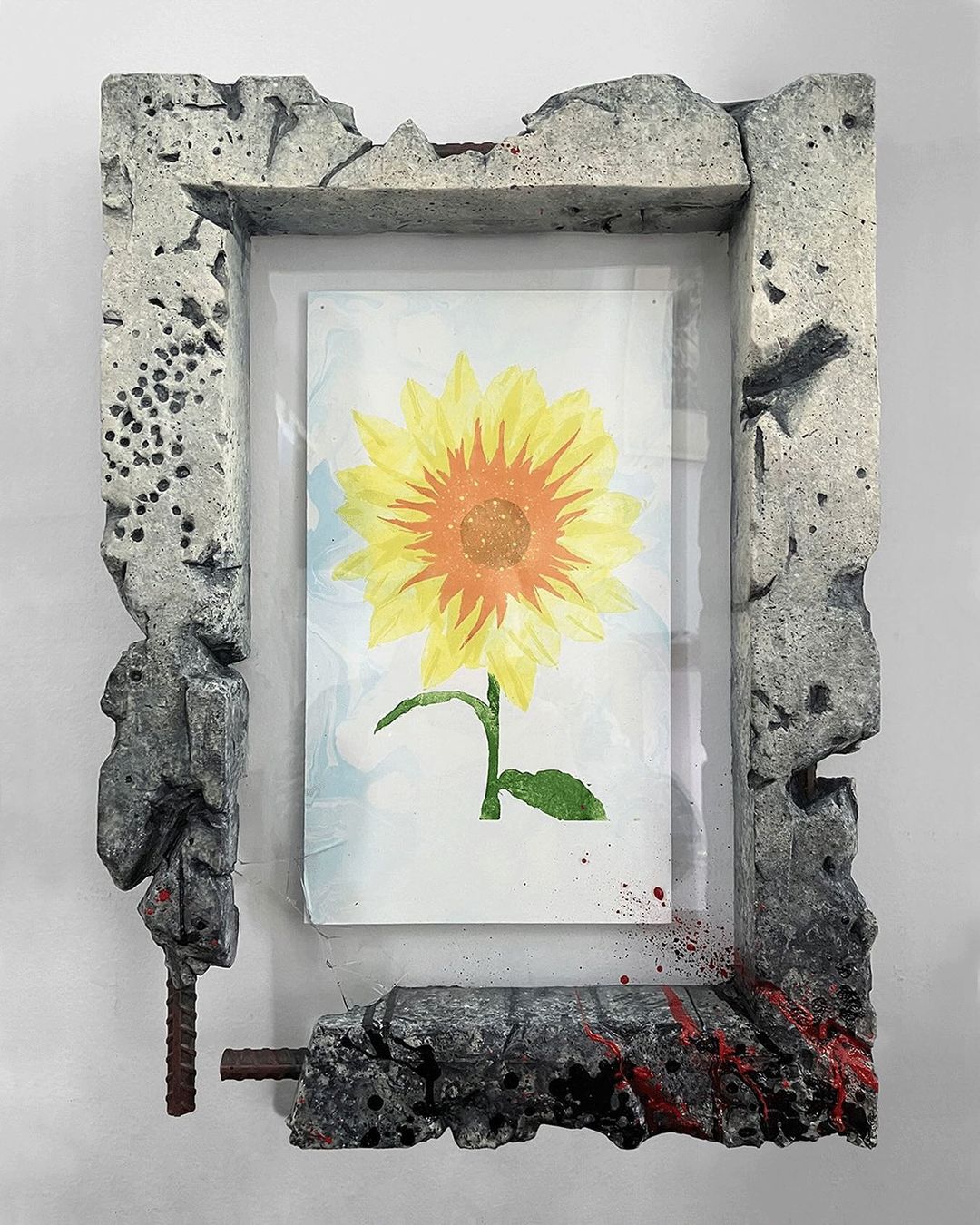
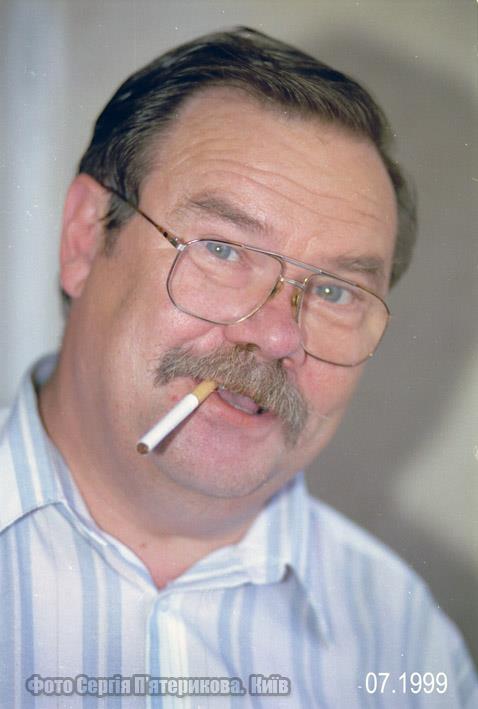
 Login with Google
Login with Google